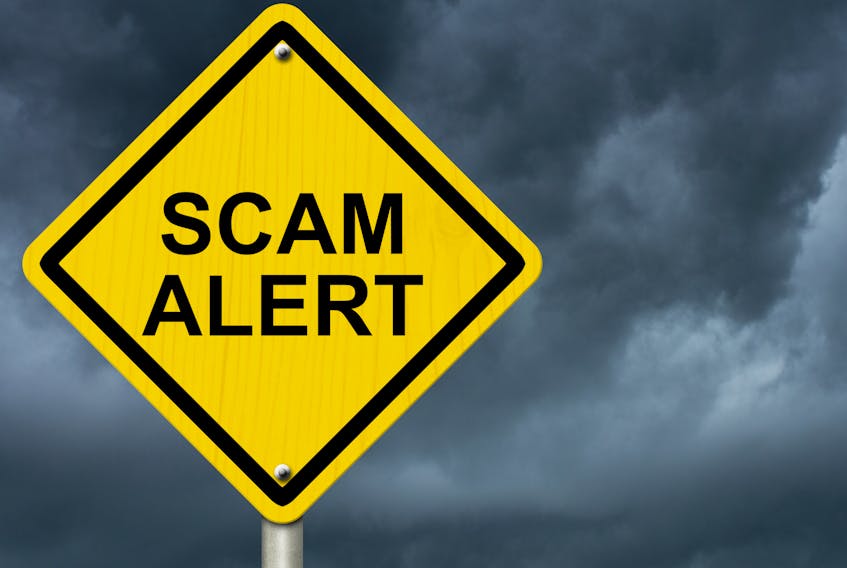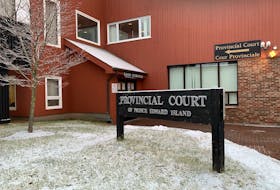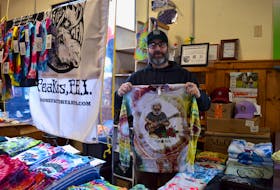As the coronavirus (COVID-19 strain) continues to spread globally, the RCMP is asking the public to be on the lookout for associated scams.
Consumers in other countries have shared these scenarios:
- Private companies offering fast COVID-19 tests for sale: only hospitals can perform the tests; no other tests are genuine or guaranteed to provide accurate results.
- Consumers are purchasing large amounts of products and reselling them at higher prices. These products may be: expired, of lower quality and/or dangerous to your health.
- Fraudsters have been going door-to-door offering fake decontamination services
- The Federal Trade Commission and Food and Drug Administration in the United States have warned of companies selling fraudulent products that claim to treat or prevent the disease. The United States has not approved any such products. The unapproved drugs threaten public health and violate federal laws.
- Fraudsters posing as police have been imposing on-the-spot fines to consumers wearing masks. They claim that wearing a mask in public goes against a full-face veil law. It isn't illegal to wear a mask for health reasons.
- Fraudsters may urge you to invest in hot new stocks related to the disease.
- Fraudsters are sending phishing, spear phishing and other malicious email campaigns that capitalize on the public's fears about Covid-19.
- Fraudsters are creating fraudulent and deceptive online ads. These ads may offer: cleaning products, hand sanitizers, other items in high demand.
How to protect yourself
Beware of false or misleading information. Find the latest information:
- Coronavirus disease (COVID-19) (Public Health Agency of Canada)
- Coronavirus disease (COVID-19) outbreak (World Health Organization)
- Contact your insurance provider to answer any health insurance questions.
- Beware of high-priced or low-quality products.
- Beware of unsolicited medical advisory emails with links or attachments. Fraudsters may spoof the information of government and health care organizations. Beware of miracle cures, herbal remedies, other questionable offers, such as vaccinations, faster tests, etc.
- Beware of unauthorized or fraudulent charities requesting money for victims or research. Don't be pressured into making a donation. Verify that a charity is registered.
If you think you or someone you know has been a victim of fraud, please contact the Canadian Anti-Fraud Centre at 1-888-495-8501 or report online.









